Home>Gardening & Outdoor>Pool & Spa Care>Why Does Hot Tub Make You Tired
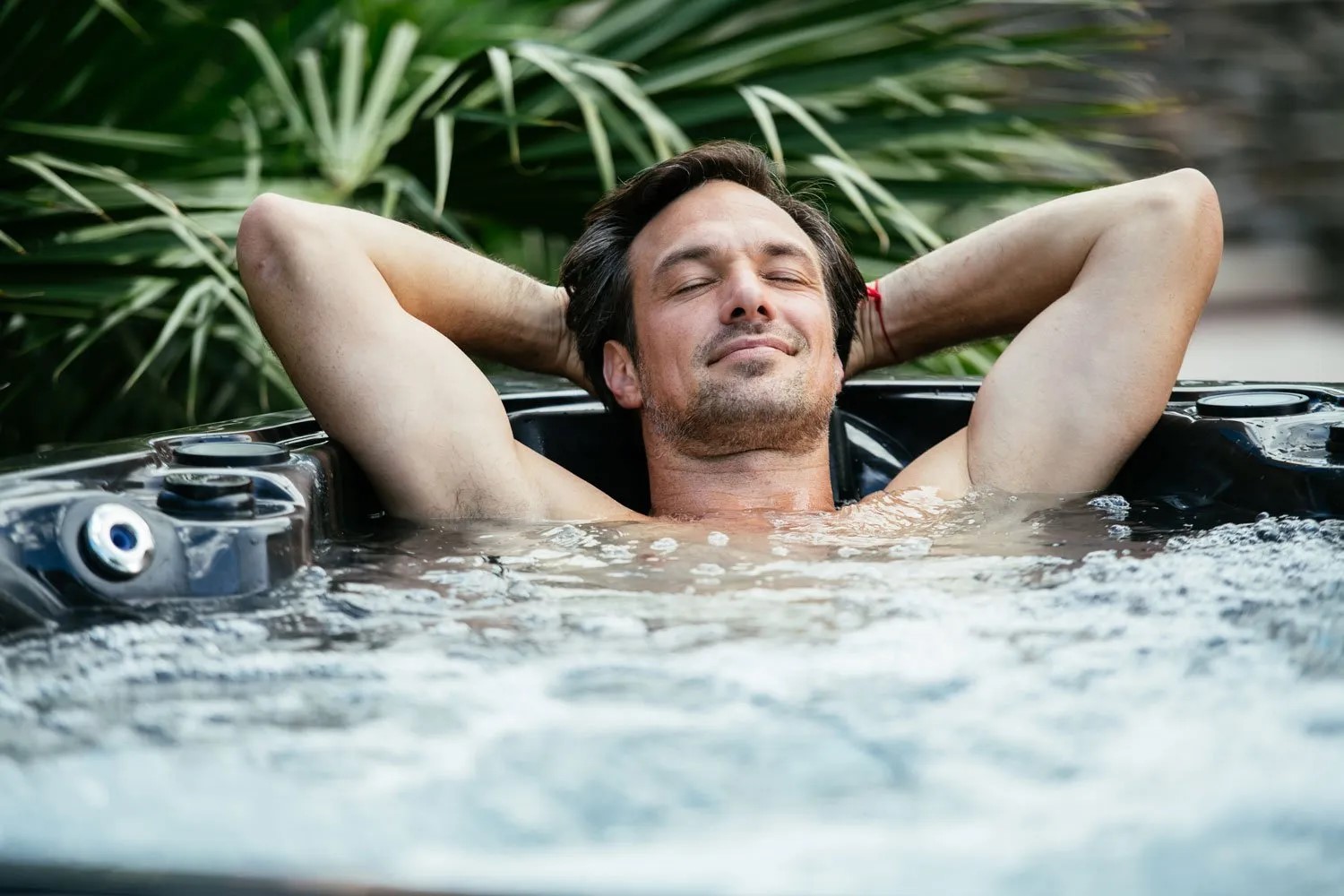

Pool & Spa Care
Why Does Hot Tub Make You Tired
Published: December 28, 2023
Discover the reasons why a hot tub can make you feel tired and learn effective pool and spa care tips to maximize relaxation and enjoyment. Explore expert insights now!
(Many of the links in this article redirect to a specific reviewed product. Your purchase of these products through affiliate links helps to generate commission for Storables.com, at no extra cost. Learn more)
Introduction
So, you've just enjoyed a luxurious soak in your hot tub, and now you're feeling surprisingly sleepy. You might be wondering, "Why does a hot tub make you tired?" Well, the answer lies in the remarkable effects that hot tubs can have on your body. From inducing relaxation to promoting muscle recovery, the warm, bubbling waters of a hot tub can work wonders on both your physical and mental well-being. In this article, we'll delve into the fascinating reasons behind the fatigue that often accompanies a hot tub session, shedding light on the physiological and psychological mechanisms at play.
As we explore the impact of hot tubs on the body, we'll uncover the role of heat in inducing sleepiness, the profound effects of hot tubs on muscle relaxation, and the intriguing connection between hot tub use and fatigue. By understanding these factors, you'll gain valuable insights into the rejuvenating power of hot tubs and the potential benefits they offer for promoting restful sleep and overall vitality.
So, grab a cozy blanket and prepare to unravel the mysteries of hot tub-induced tiredness. It's time to embark on a journey through the soothing world of hot tubs and discover why they have the remarkable ability to lull you into a state of blissful relaxation and, yes, even fatigue. Let's dive in!
Key Takeaways:
- Hot tubs induce sleepiness through warmth, buoyancy, and massage, promoting relaxation and triggering the body’s natural sleep mechanisms, making it easier to drift off into a peaceful slumber.
- The combination of heat, buoyancy, and massage in a hot tub creates an environment conducive to muscle relaxation, alleviating tension and promoting overall comfort and well-being.
Read more: Why Does Hot Tub Water Smell
The Effects of Hot Tub on the Body
Stepping into a hot tub is akin to embarking on a transformative sensory experience. As the warm, enveloping waters embrace your body, a series of remarkable physiological and psychological effects unfold, leaving you feeling rejuvenated and, perhaps surprisingly, a bit sleepy. The interplay between the heat, buoyancy, and massage jets of a hot tub orchestrates a symphony of benefits that extend far beyond mere relaxation.
First and foremost, the heat of the hot tub dilates your blood vessels, promoting improved circulation throughout your body. This enhanced blood flow not only delivers vital nutrients and oxygen to your muscles and tissues but also aids in the removal of metabolic waste products, fostering a profound sense of well-being. Moreover, the gentle pressure of the water against your body helps to reduce swelling and alleviate tension, further contributing to the overall sense of relaxation.
Beyond its physical effects, immersing yourself in a hot tub can also have a profound impact on your mental state. The soothing sensation of the warm water, combined with the gentle massage of the jets, can effectively alleviate stress and anxiety, creating an environment conducive to mental tranquility. This calming effect on the mind sets the stage for a peaceful transition into a state of restfulness, making it easier to drift off into a tranquil slumber after a hot tub session.
Furthermore, the buoyancy provided by the water reduces the effects of gravity on your body, relieving pressure on your joints and muscles. This buoyancy-induced weightlessness not only facilitates greater freedom of movement but also promotes a sense of lightness and ease, fostering a state of deep relaxation that can pave the way for restorative sleep.
As we unravel the multifaceted effects of hot tub use on the body, it becomes increasingly apparent that the combination of heat, buoyancy, and massage creates an environment that is conducive to both physical and mental rejuvenation. These effects lay the groundwork for the intriguing phenomenon of hot tub-induced tiredness, setting the stage for a deeper exploration of the mechanisms at play.
The Role of Heat in Inducing Sleepiness
One of the most captivating aspects of soaking in a hot tub is the enveloping warmth that permeates your body, creating a sensation of deep relaxation and, in some cases, drowsiness. The heat of the water plays a pivotal role in inducing sleepiness, and the reasons behind this phenomenon are deeply rooted in the body’s physiological response to elevated temperatures.
When you immerse yourself in a hot tub, the warm water causes your body temperature to rise. This increase in body temperature triggers a process known as thermoregulation, wherein your body strives to maintain a state of internal balance. As you soak in the hot tub, your body’s thermoregulatory mechanisms work to disperse the excess heat, leading to a gradual cooling effect once you exit the water.
This thermoregulatory process is intricately linked to the body’s natural circadian rhythms, which govern the sleep-wake cycle. As your body temperature begins to drop after exiting the hot tub, it mimics the natural temperature decrease that occurs as part of the body’s preparation for sleep. This phenomenon, known as temperature regulation, serves as a biological cue that signals the onset of the body’s restorative sleep phase.
Moreover, the heat from the hot tub can also prompt the release of endorphins, the body’s natural feel-good chemicals. These endorphins induce a sense of calm and contentment, further enhancing the relaxation experienced during hot tub sessions. As the soothing effects of the endorphin release combine with the gradual cooling of the body post-soak, a state of tranquility and drowsiness often ensues, setting the stage for a peaceful transition into sleep.
It’s important to note that the impact of heat on inducing sleepiness can vary from person to person, with individual sensitivities and preferences influencing the degree to which hot tub use promotes drowsiness. However, for many individuals, the gentle, enveloping warmth of a hot tub creates an ideal environment for unwinding and preparing for a restful night’s sleep.
As we unravel the intricate interplay between heat, thermoregulation, and the body’s natural sleep mechanisms, we gain a deeper understanding of the profound impact that hot tubs can have on promoting relaxation and, ultimately, sleepiness. This sets the stage for exploring the broader implications of hot tub-induced tiredness and its connection to overall well-being.
Taking a hot tub can make you tired because the warm water can relax your muscles and lower your blood pressure, which can make you feel sleepy. It’s also a great way to wind down and de-stress before bed.
The Impact of Hot Tub on Muscle Relaxation
Immersing yourself in the warm, bubbling waters of a hot tub is a sensory experience that extends far beyond mere relaxation—it holds the power to profoundly impact the state of your muscles. The combination of heat, buoyancy, and massage jets creates an environment that is uniquely conducive to muscle relaxation and recovery, offering a myriad of benefits for both physical comfort and overall well-being.
As you settle into the soothing embrace of the hot tub, the warmth of the water works its magic on your muscles, helping to alleviate tension and promote a state of profound relaxation. The heat from the water dilates your blood vessels, enhancing blood flow to your muscles and delivering a surge of oxygen and nutrients that can aid in the repair and rejuvenation of tired, overworked muscles.
Furthermore, the buoyancy provided by the water serves as a gentle, supportive cushion, relieving the effects of gravity on your body and reducing the strain on your muscles and joints. This buoyancy-induced weightlessness creates an environment in which your muscles can fully relax, free from the usual pressures and tensions of everyday life.
Additionally, the targeted massage delivered by the jets of the hot tub further enhances the relaxation of your muscles, working to release built-up tension and promote a sense of ease and comfort. The pulsating streams of water provide a soothing, kneading sensation that can effectively alleviate muscle stiffness and promote flexibility, contributing to an overall sense of physical well-being.
Moreover, the warm water of the hot tub can also help to soothe sore, aching muscles, providing relief from the strains and stresses of daily activities or intense workouts. The combination of heat and hydrotherapy creates an environment that is uniquely suited to promoting muscle recovery, making it an ideal post-exercise or post-workday indulgence.
By understanding the profound impact of hot tubs on muscle relaxation, we gain valuable insights into the potential benefits they offer for alleviating physical tension and promoting overall comfort. This sets the stage for a deeper exploration of the intriguing connection between hot tub use and the sense of fatigue that often accompanies it, shedding light on the complex interplay between physical relaxation and the onset of sleepiness.
The Connection Between Hot Tub and Fatigue
As you luxuriate in the warm, tranquil waters of a hot tub, you may find yourself succumbing to an unexpected wave of fatigue. The intriguing connection between hot tub use and the onset of sleepiness is a phenomenon that has captivated many enthusiasts of hydrotherapy. While the precise mechanisms underlying this connection are multifaceted, they are deeply rooted in the interplay between physical relaxation, mental tranquility, and the body’s natural rhythms.
One of the key factors contributing to the sense of fatigue experienced after a hot tub session is the profound state of physical and mental relaxation induced by the warm, buoyant waters. The combination of heat, buoyancy, and massage creates an environment that is uniquely suited to alleviating tension and promoting a deep sense of ease, setting the stage for a transition into a state of restfulness.
Furthermore, the soothing effects of hot tub use on muscle relaxation play a pivotal role in paving the way for fatigue. As the warm water works its magic on your muscles, alleviating tension and promoting recovery, it sets the stage for a sense of physical weariness that can naturally lead to a desire for rest and relaxation.
Moreover, the mental tranquility fostered by the calming environment of a hot tub can also contribute to the onset of fatigue. The gentle massage of the jets, the enveloping warmth, and the soothing ambiance create an ideal setting for unwinding and letting go of the stresses and tensions of the day. This mental release, combined with the physical relaxation induced by the hot tub, can create a powerful sense of drowsiness that paves the way for a peaceful transition into sleep.
Additionally, the impact of heat on inducing sleepiness, as discussed earlier, further contributes to the connection between hot tub use and fatigue. The gradual cooling of the body post-soak, in conjunction with the release of endorphins and the body’s natural temperature regulation processes, creates a biological and psychological environment that is conducive to embracing rest and succumbing to the gentle pull of sleep.
By unraveling the intricate connection between hot tub use and fatigue, we gain a deeper appreciation for the restorative power of hydrotherapy and the profound impact it can have on promoting relaxation and overall well-being. This sets the stage for a holistic understanding of the rejuvenating effects of hot tubs and the potential benefits they offer for fostering a sense of tranquility and vitality.
Read more: What Does A Hot Tub Do For You
Conclusion
The allure of a hot tub extends far beyond its capacity for relaxation and rejuvenation—it holds the remarkable ability to induce a sense of blissful fatigue that lulls you into a state of tranquil repose. Through the interplay of heat, buoyancy, and massage, hot tubs orchestrate a symphony of effects that foster both physical and mental well-being, setting the stage for the intriguing phenomenon of hot tub-induced tiredness.
As we’ve unraveled the multifaceted effects of hot tub use on the body, we’ve gained valuable insights into the mechanisms underlying the connection between hot tubs and fatigue. The role of heat in inducing sleepiness, the impact of hot tubs on muscle relaxation, and the profound mental tranquility fostered by hot tub use collectively contribute to the sense of weariness that often accompanies a hot tub session.
Moreover, the soothing embrace of the warm, bubbling waters creates an environment that is uniquely conducive to unwinding and preparing for a restful night’s sleep. The gentle release of endorphins, the gradual cooling of the body post-soak, and the mental release facilitated by the hot tub experience collectively set the stage for a peaceful transition into a state of repose, offering a respite from the demands of daily life.
Ultimately, the connection between hot tub use and fatigue underscores the profound impact that hydrotherapy can have on promoting relaxation, alleviating tension, and fostering overall well-being. By embracing the rejuvenating power of hot tubs, individuals can cultivate a deeper sense of tranquility and vitality, reaping the benefits of this timeless practice for both body and mind.
So, the next time you find yourself drifting into a state of peaceful weariness after a hot tub session, embrace it as a testament to the restorative effects of hydrotherapy. Allow yourself to succumb to the gentle pull of sleep, knowing that the soothing waters of the hot tub have worked their magic, paving the way for a night of restful slumber and a renewed sense of vitality.
As we conclude our exploration of the captivating connection between hot tub use and fatigue, let’s embrace the rejuvenating potential of this timeless practice, allowing it to guide us toward a state of tranquil repose and overall well-being. After all, in the gentle embrace of a hot tub, the path to restful rejuvenation awaits.
Frequently Asked Questions about Why Does Hot Tub Make You Tired
Was this page helpful?
At Storables.com, we guarantee accurate and reliable information. Our content, validated by Expert Board Contributors, is crafted following stringent Editorial Policies. We're committed to providing you with well-researched, expert-backed insights for all your informational needs.
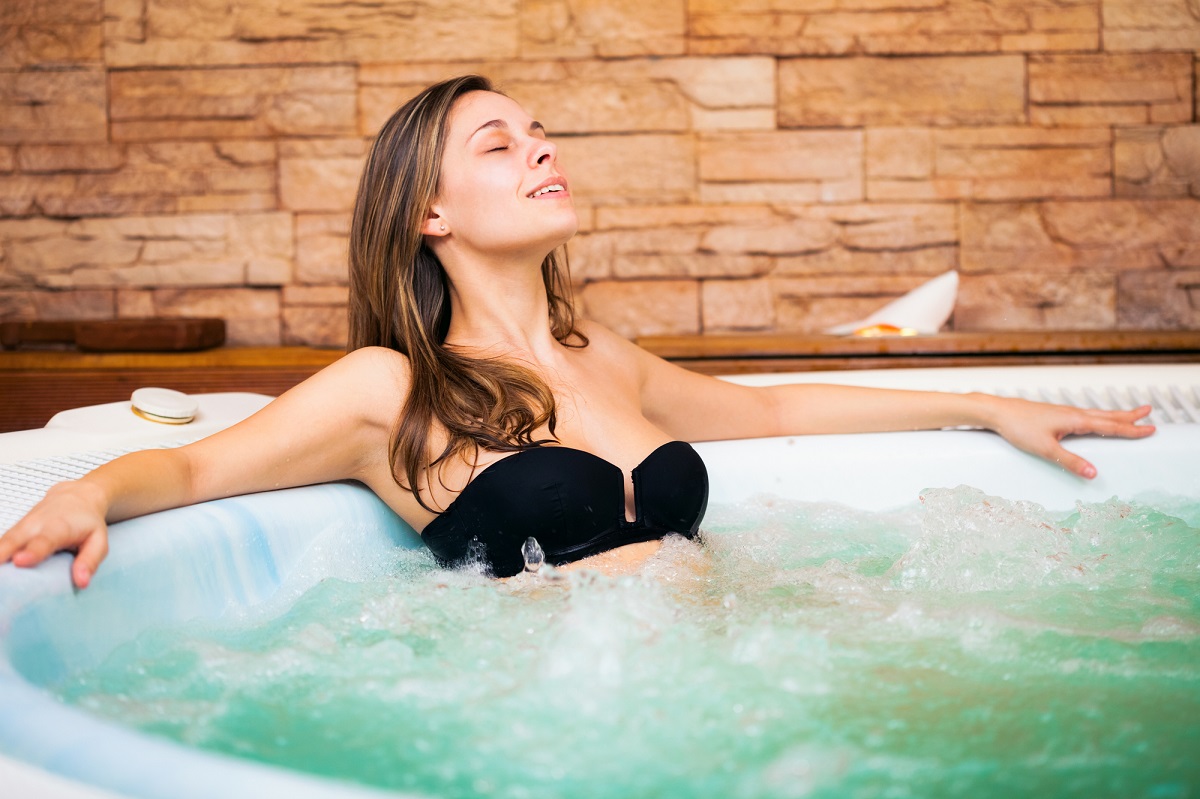
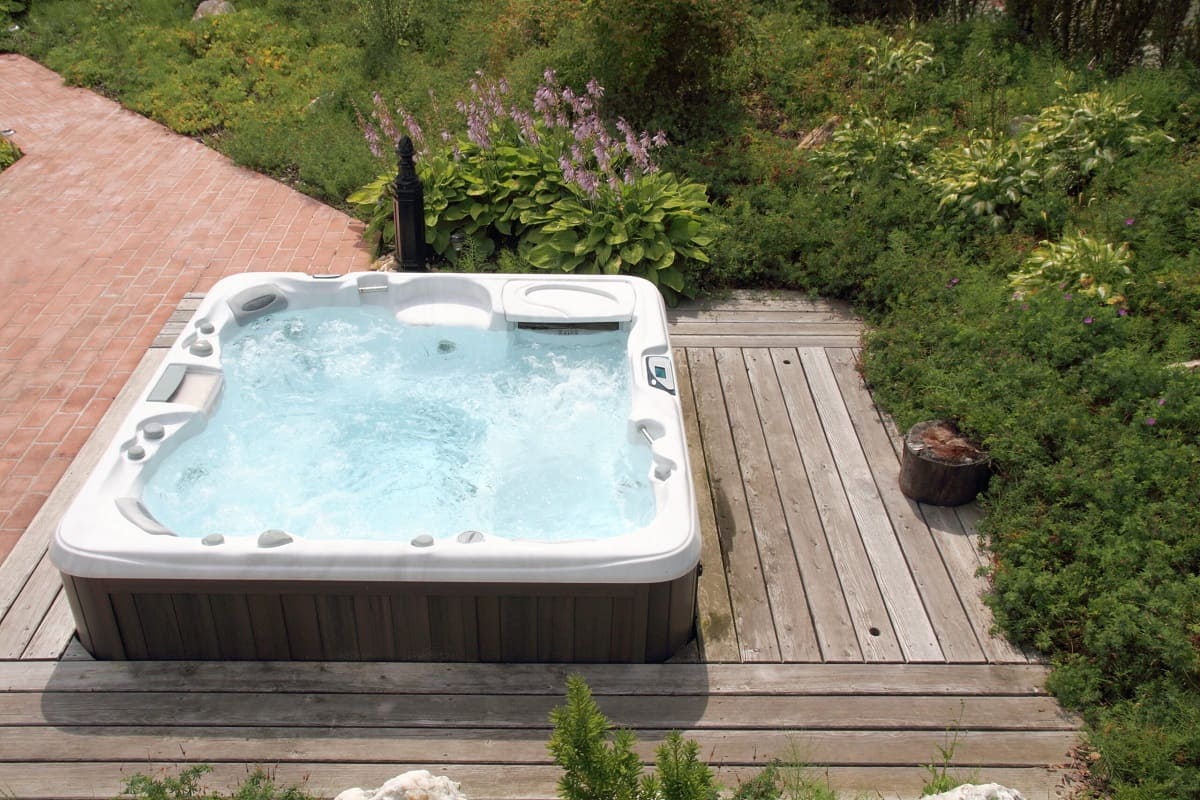
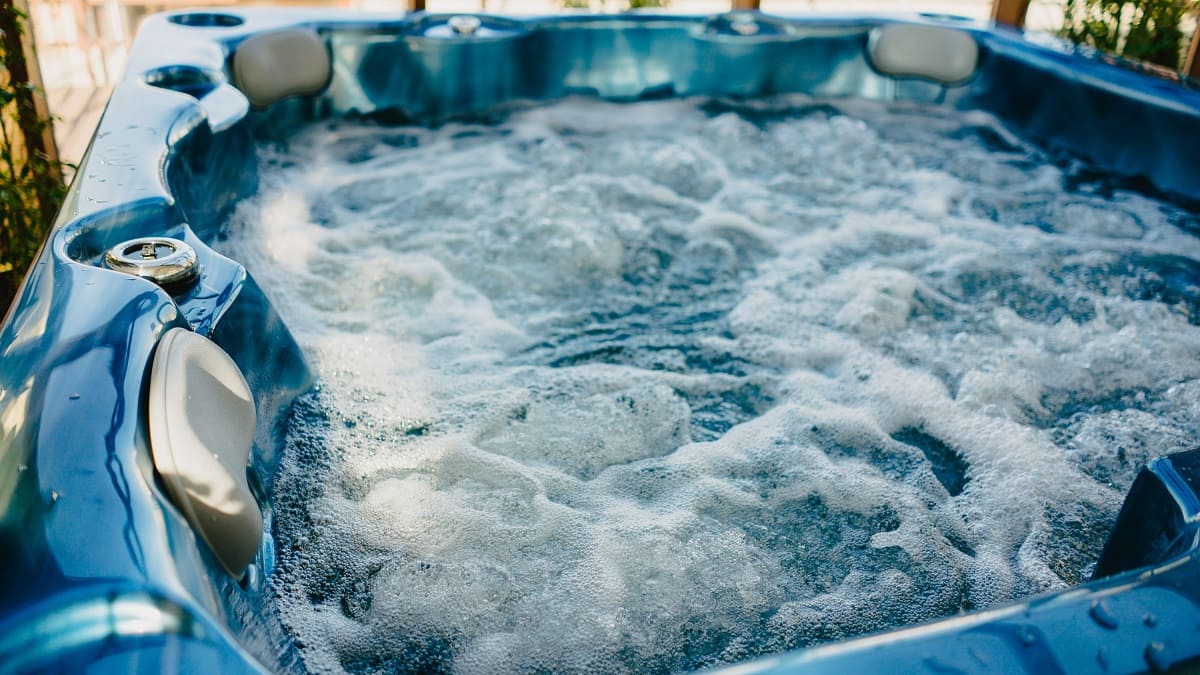

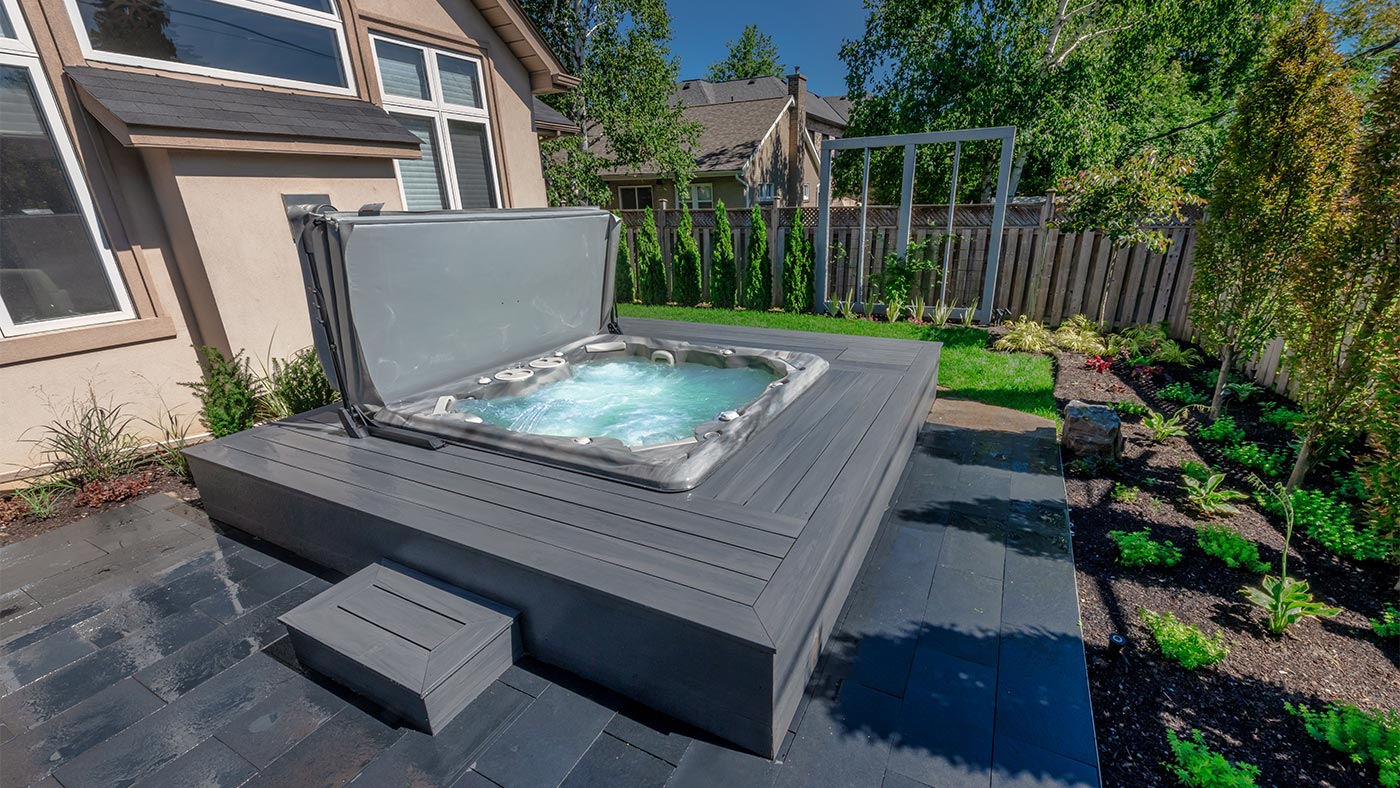
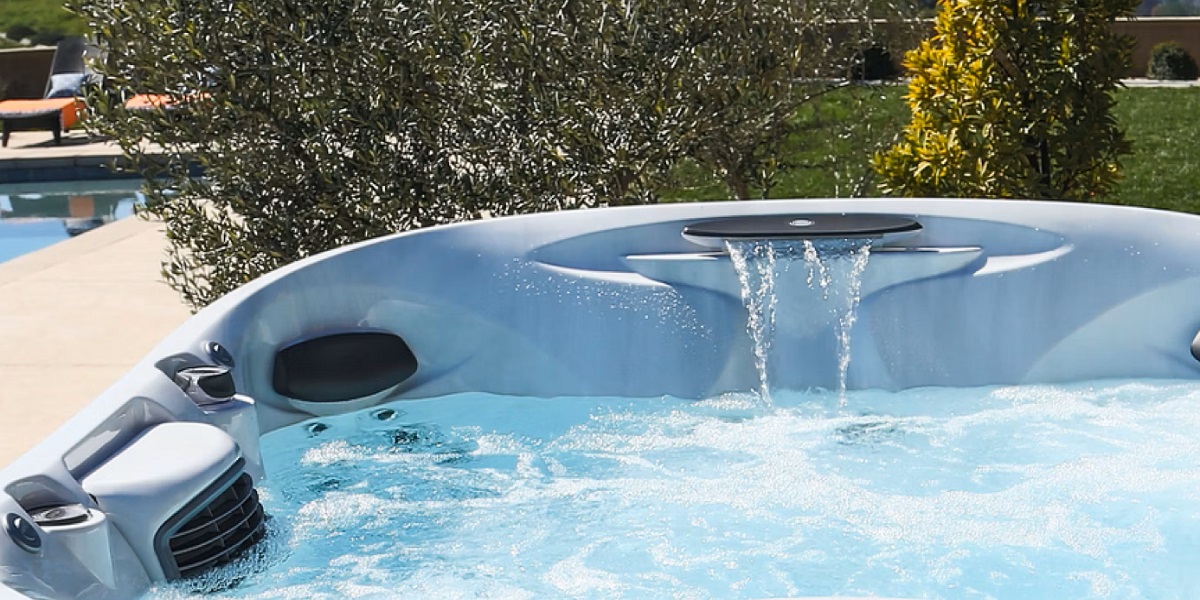
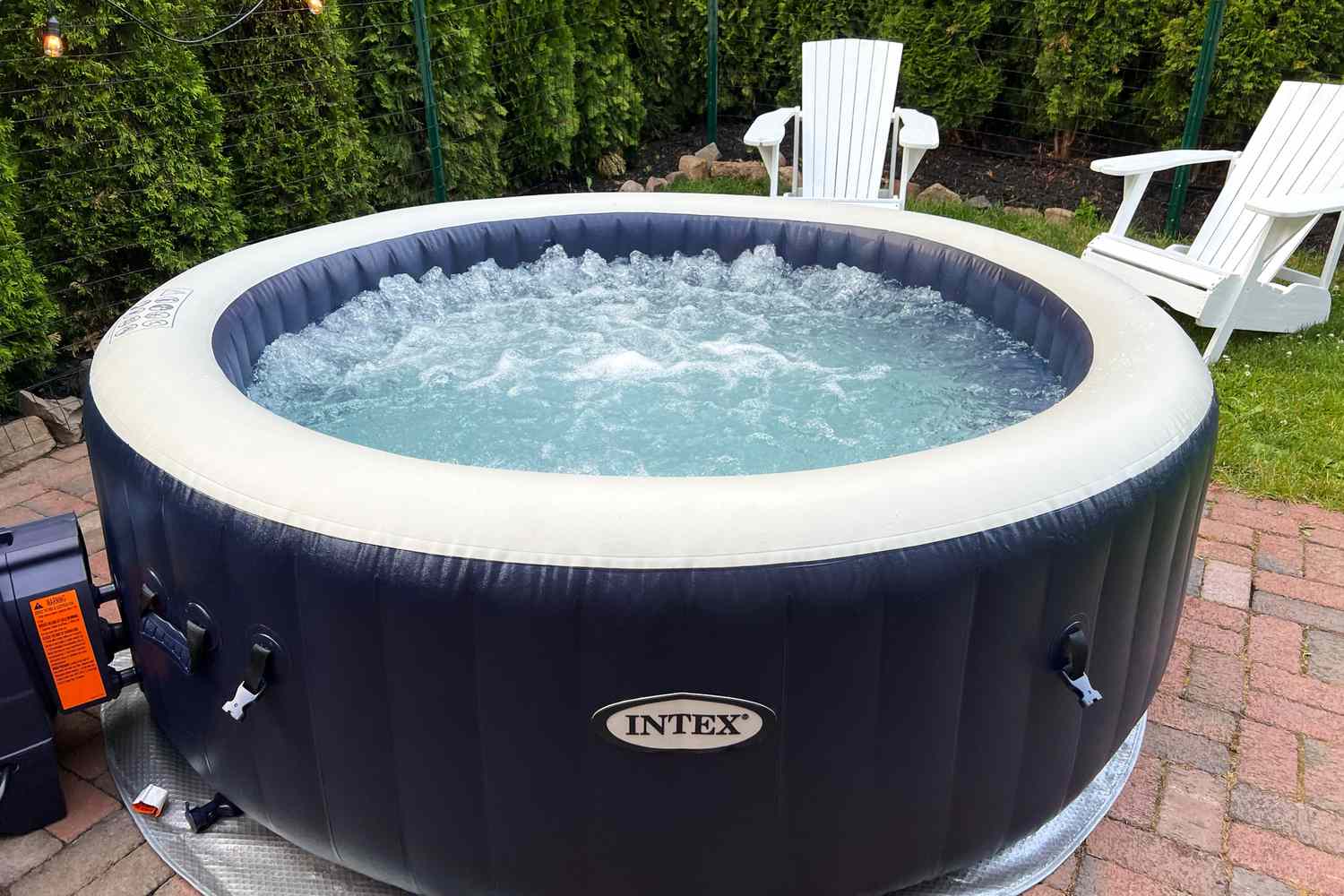
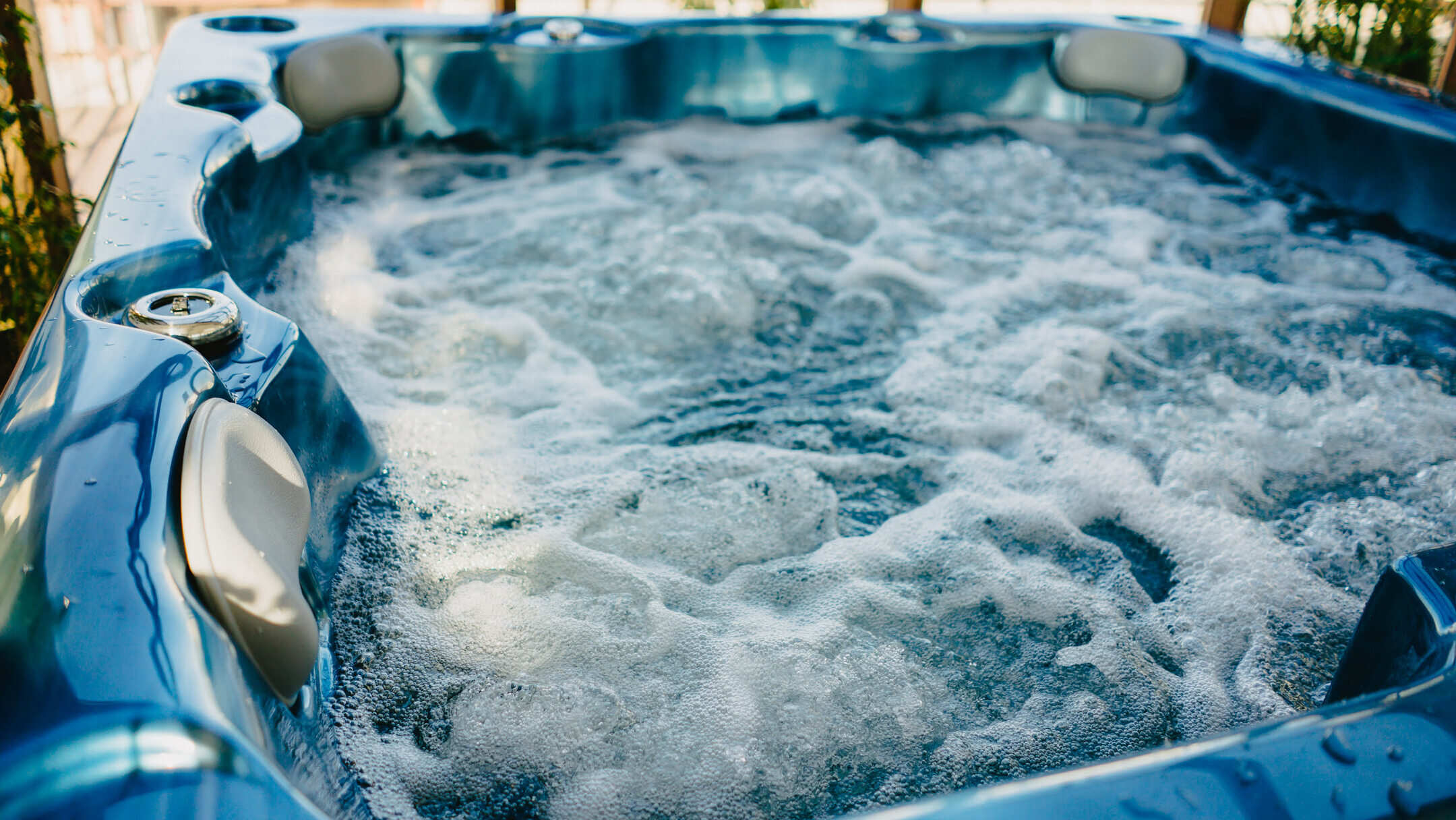
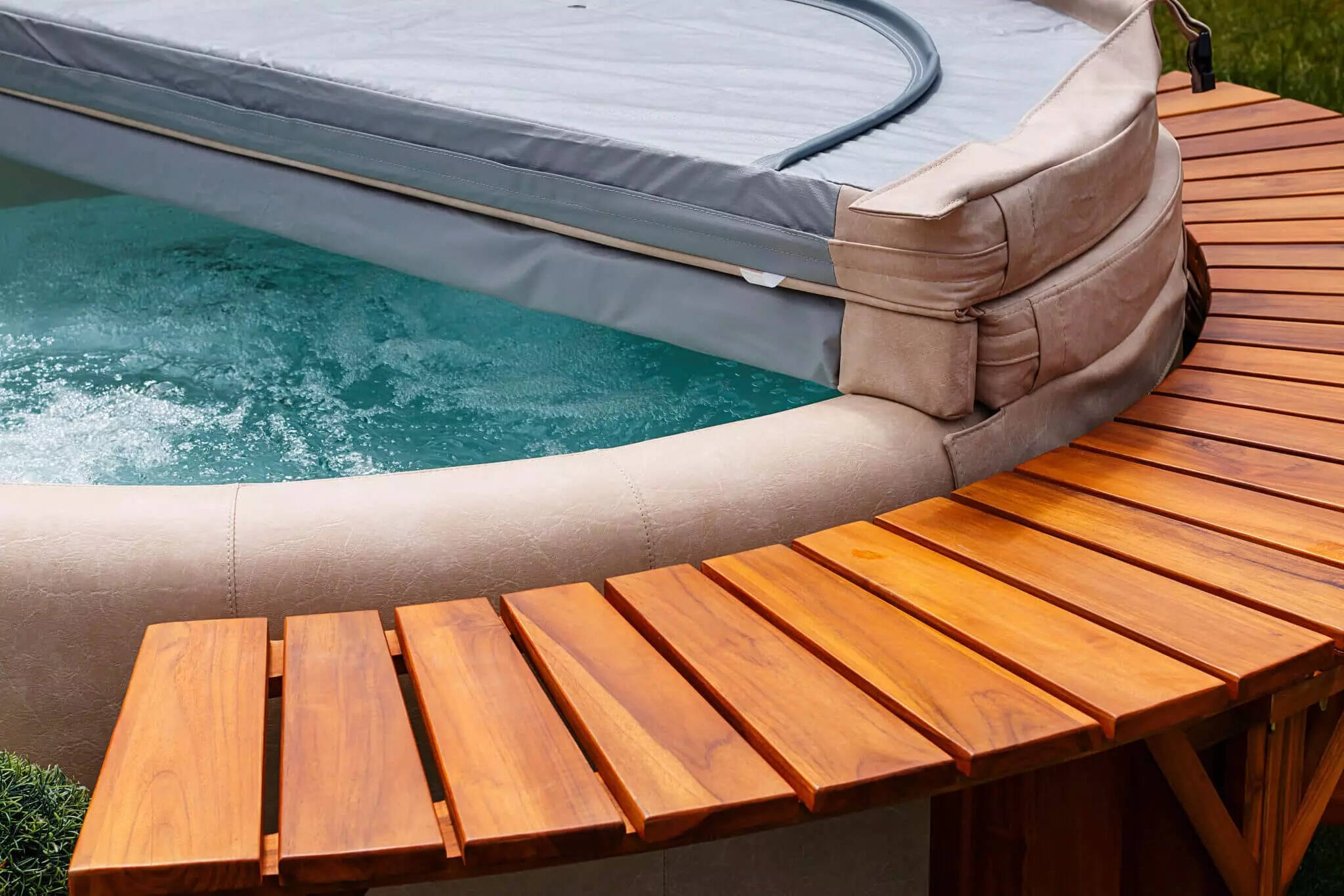
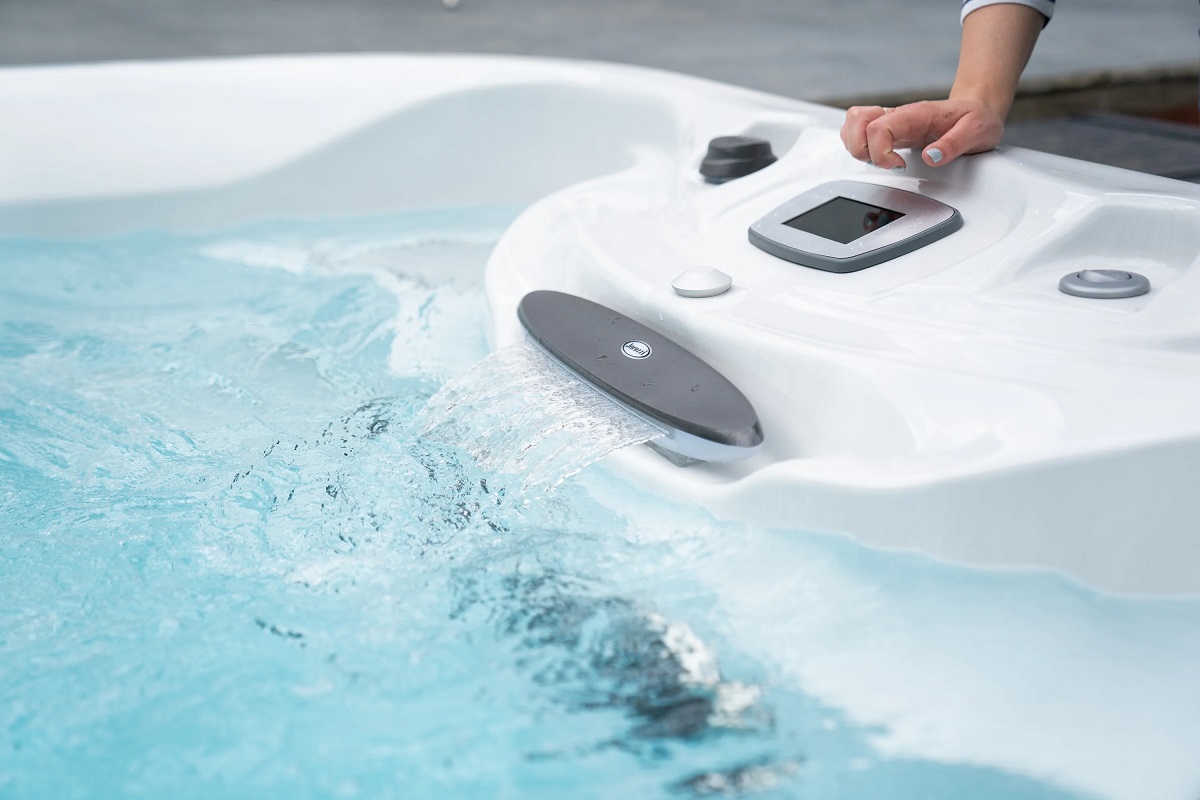
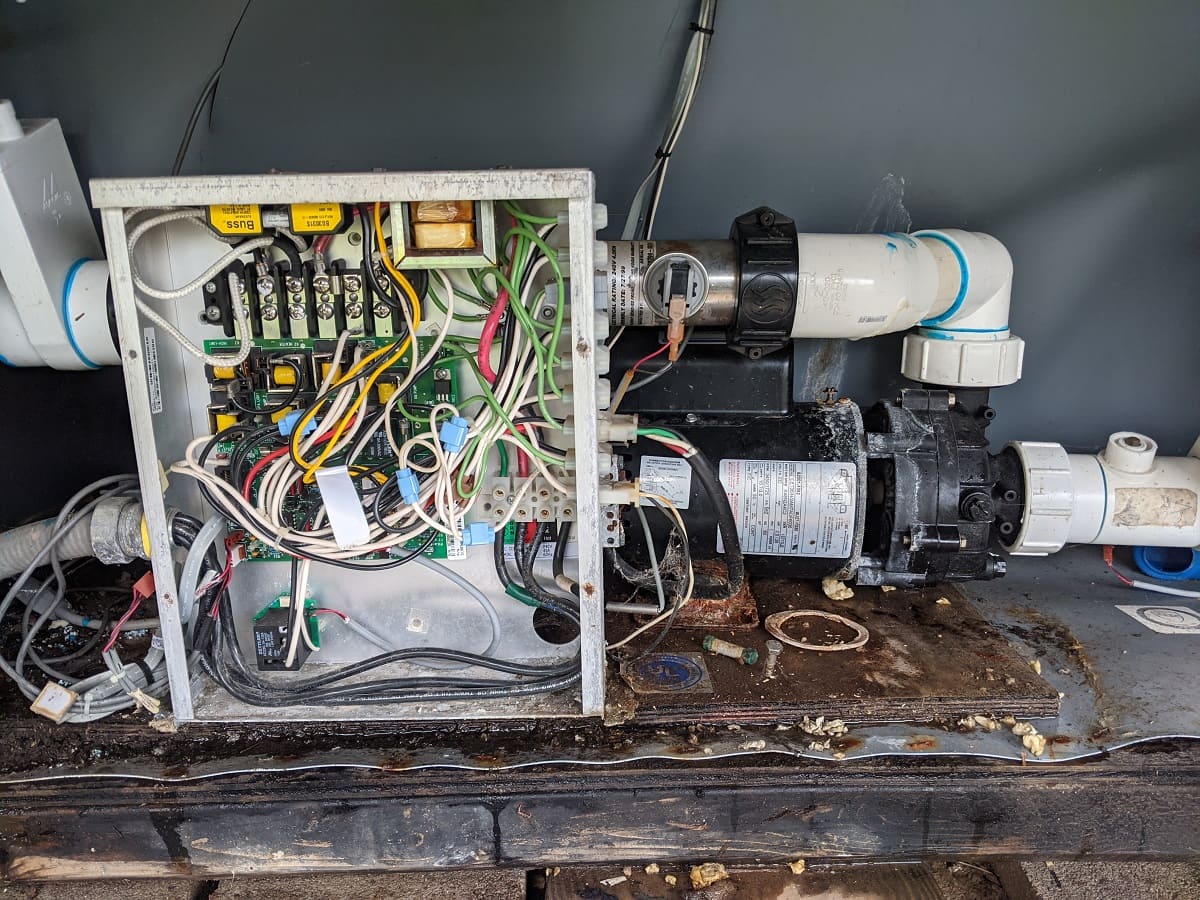
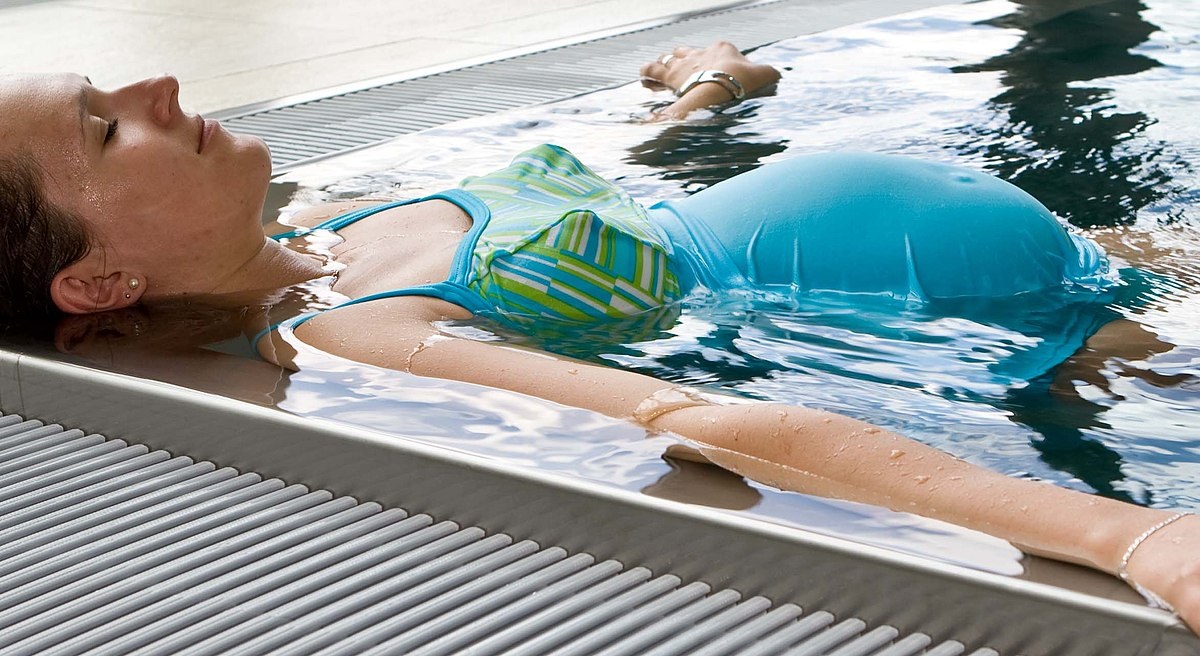
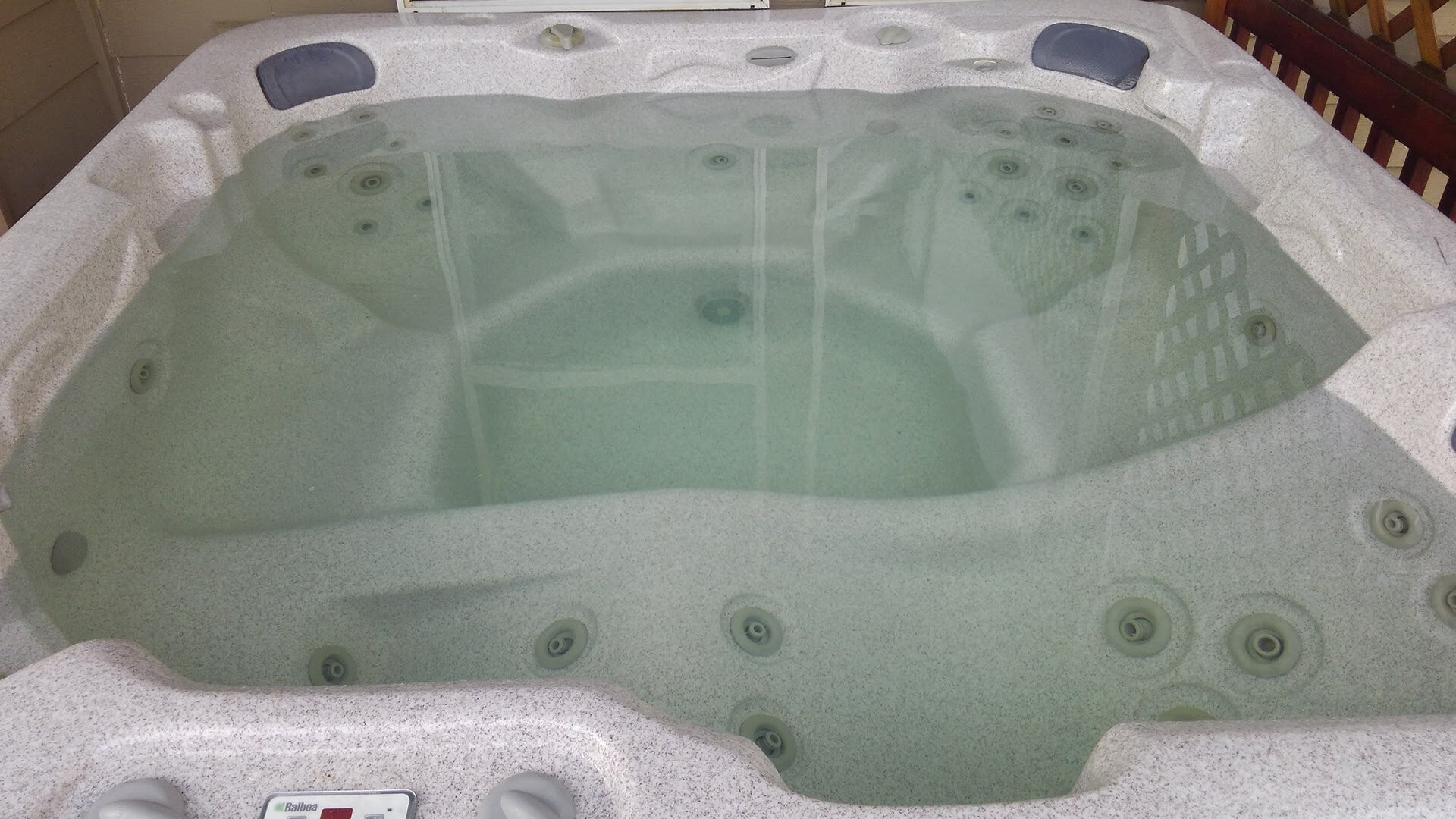
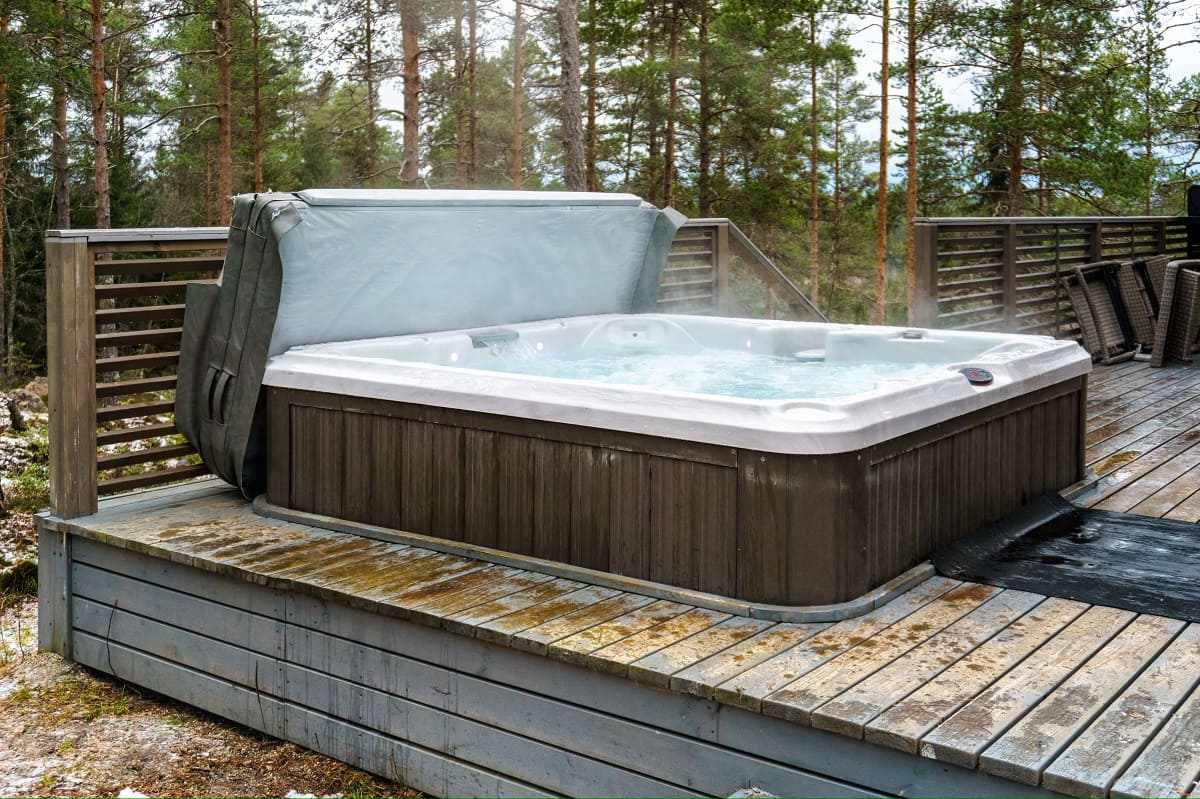

0 thoughts on “Why Does Hot Tub Make You Tired”